When mentioning Phuong Mao village, Hoang Phuong commune (Hoang Hoa), we remember the famous Cheo land far and wide. Not only that, being fertilized by the alluvium of the Ma River and a long-standing construction process, Phuong Mao is also an ancient land with many historical values and cultural beauties that have been preserved and conserved to this day.
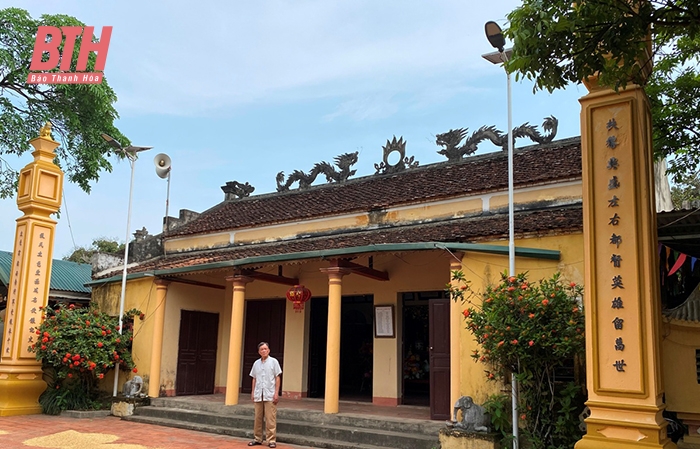
If we compare Thanh culture to a multi-colored painting, where each region and village contributes a stroke, a color, then Phuong Mao village is a stroke that is both rustic and simple but no less brilliant and valuable. Writing about Phuong Mao village, the book History of the Hoang Phuong Commune Party Committee introduces: Beautiful nature, with the Ma River flowing through, thousands of years ago it deposited alluvium, creating fertile land, and being an important traffic hub for many centuries, so people gathered here, reclaiming land, making a living... hundreds of occupations competed to develop. During the Tay Son period, after King Quang Trung led his army to the North, on the way back to Phu Xuan ( Hue ), he passed through the village, and to this day, the following verses are still preserved: "Drums beat in front of the village/ Gia Market in front, Mau restaurant on the side of the road/ Passing Chieng down to the wharf to Giang/ Passing Dong Tho village on the way to Dinh Huong".
According to historical records, the village was formerly called Tuan Mao (Mau), and during the Nguyen Dynasty, it was renamed Phuong Mao. Phuong Mao village was established around the 15th century by two village guardian spirits, still respected by the people as Linh Thong and Linh Quang, who had the merit of recruiting people and establishing the village.
Based on the royal decrees still preserved at Phuong Mao village communal house, later generations know more: The two tutelary gods of Phuong Mao village were generals of the Le dynasty, who had many contributions in fighting the enemy, assisting the king and helping the country. When they returned to the court and were rewarded by the king, the two men asked to go to Phuong Mao land to reclaim land and establish a village, recruiting people from all directions, working hard step by step, building this place into a prosperous village. After the two men passed away, the royal court granted them royal decrees and the people respected and worshiped them as tutelary gods of the village. Also according to folk legend, the two tutelary gods of Phuong Mao village often appeared to help the people and support the later Le dynasties in their expeditions to fight the enemy. Previously, in Phuong Mao village, there were up to 36 royal decrees of the kings, up to now, 23 royal decrees are still preserved. The content of the decrees mainly praised the contributions of the two tutelary gods of Phuong Mao village, and at the same time guided the people in worshiping them.
According to the people of Phuong Mao, in the past, the worship of the two village guardian spirits took place at the communal house. Over time and the bombs of war destroyed the communal house, so people brought the deities to worship at the village communal house. In 1991, Phuong Mao communal house was recognized as a provincial historical and cultural relic. Up to now, at the Phuong Mao communal house relic, in addition to 23 royal decrees, there are also many horizontal lacquered boards and parallel sentences praising the land and people here. Mr. To Van Tuoc, Party Secretary of Phuong Mao village proudly said: “Phuong Mao is a rural area with a rich history and cultural tradition. In the past, the village had many architectural and cultural works such as communal houses, temples, pagodas... which were spiritual supports, meeting the religious needs of local people. Along with working hard to develop the economy and build the homeland, Phuong Mao people pay great attention to preserving the traditions and cultural beauty of their ancestors. Every year, in the second lunar month, Phuong Mao people eagerly return to the communal house to organize the Ky Phuc festival. The festival is an opportunity for villagers to express their gratitude to the village's tutelary deities and ancestors, and at the same time pray for good things and a prosperous and fulfilling life.”
According to the Party Secretary of Phuong Mao village, in addition to relics and festivals, one of the traditional cultural beauties that Phuong Mao people are aware of inheriting, preserving and promoting is Cheo singing: “In Hoang Hoa, there are many villages where people know how to sing Cheo, but perhaps the one that sings best, sings passionately and sings “professionally” the most must be Phuong Mao. It is not an exaggeration to say that in Phuong Mao, from children to the elderly, everyone can hum a few Cheo lines “í ơi, tang tình”. Even more proud, thanks to Cheo singing, Phuong Mao has the late artist To Quoc Phuong and Ms. Nguyen Thi Oanh who were awarded the title of Meritorious Artist by the State”.
Coincidentally, while I was chatting with the Party cell secretary inside the village communal house, I heard a cheo singing in the yard: "On the way back to the rice fields today/ My heart is filled with excitement and nostalgia/ My hometown has existed for generations/ Phuong Mao is where cheo is sung...". Entering the communal house, the woman spoke again: "This weather is really nice for drying rice, but the heat is too much to "waste" people... oh, the Party cell secretary is here too, and there are guests too...". At this time, I took a closer look at the face of the country woman, although hard-working, she was simple, honest and cheerful. Through the introduction, I learned that her name was Thieu Thi Thuy, a member of the Phuong Mao Cheo singing club. “I am 70 years old this year, but I still love singing Cheo. When I was young, I followed my grandmothers and mothers to the communal house yard to listen to Cheo and fell in love with it without realizing it. In Phuong Mao, Cheo is a “heritage” passed down from father to son. In the village today, many young people sing Cheo very well, such as: Nguyen Thi Lan, Han Thi Tai, To Thi Them, Han Hai Vinh, Han Thi Thu... Our Phuong Mao Cheo Singing Club has participated in many competitions and festivals at the district and provincial levels... and has always won high prizes.”
In the development of society, Phuong Mao village has also changed a lot. There are clean and beautiful village roads, spacious houses... but more happily, Phuong Mao changes and develops along with promoting the traditional cultural beauty from many generations.
Khanh Loc
Source


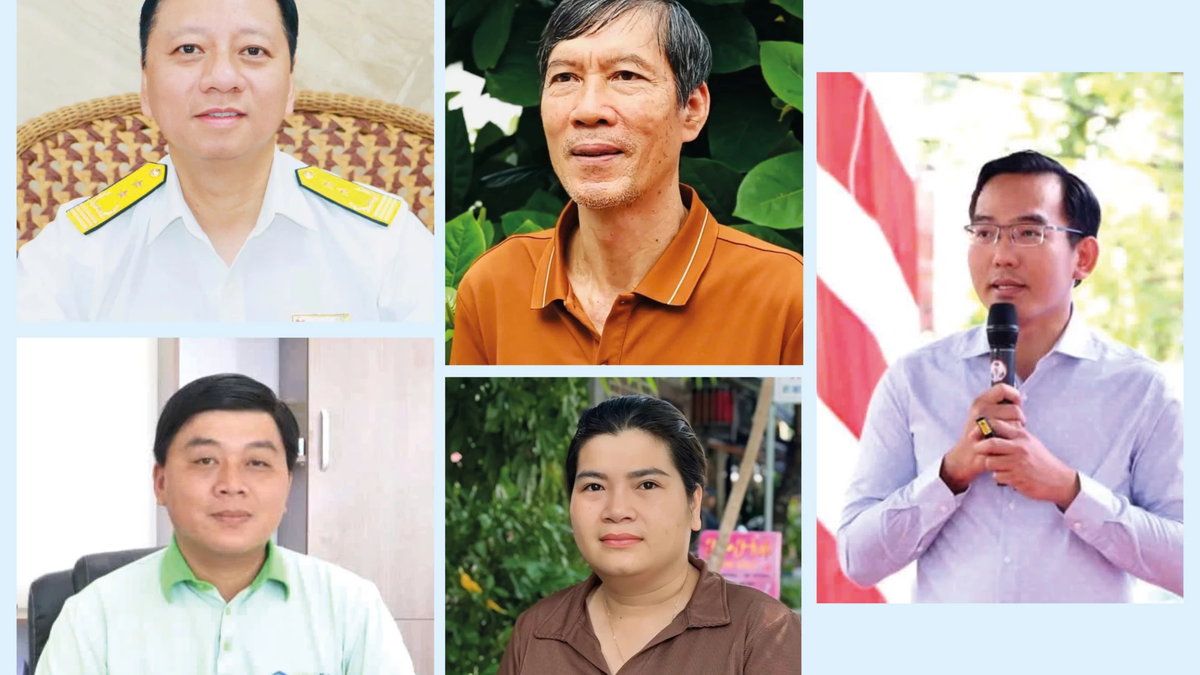

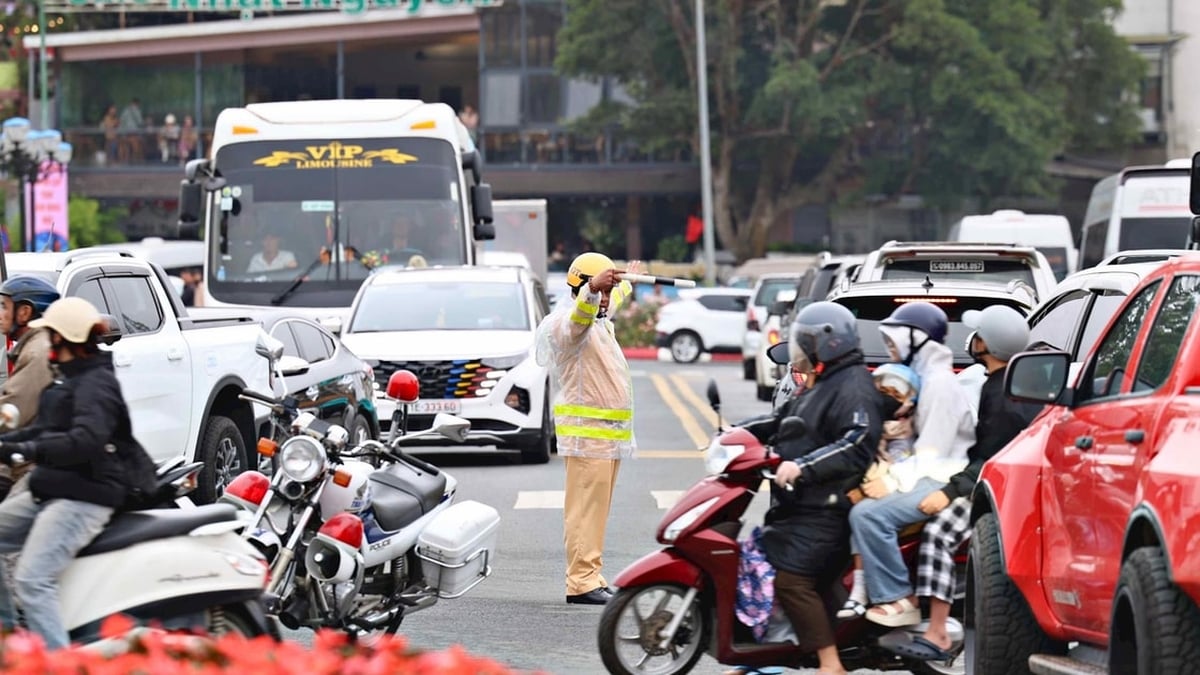
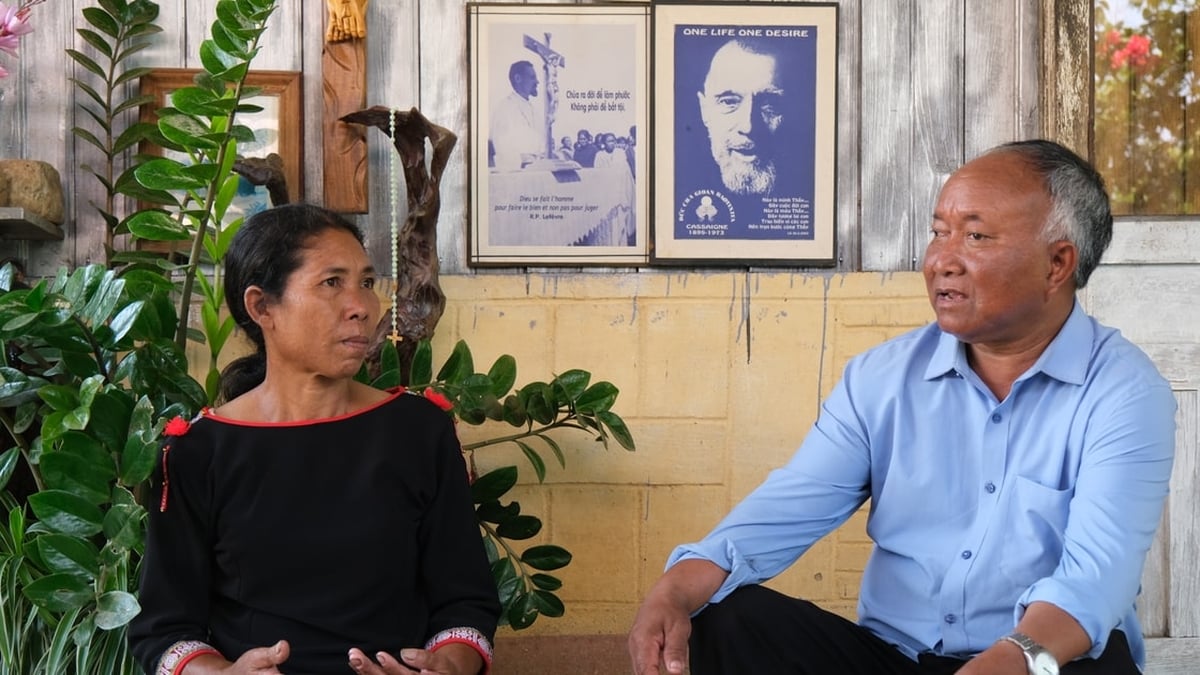
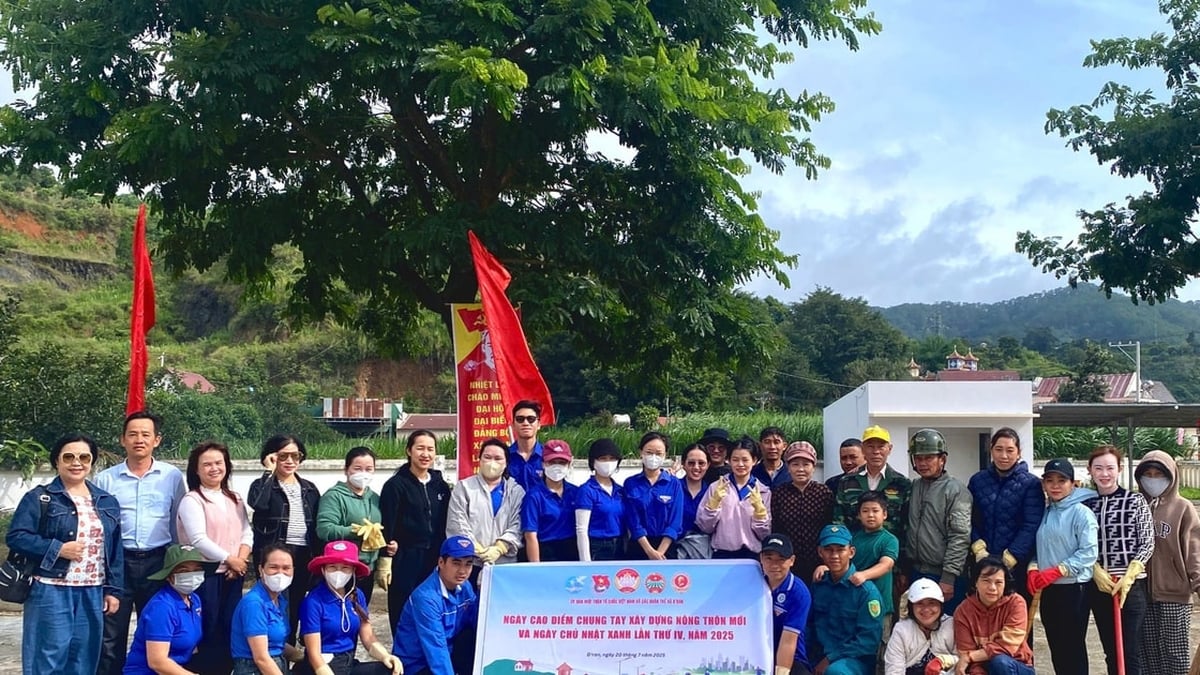
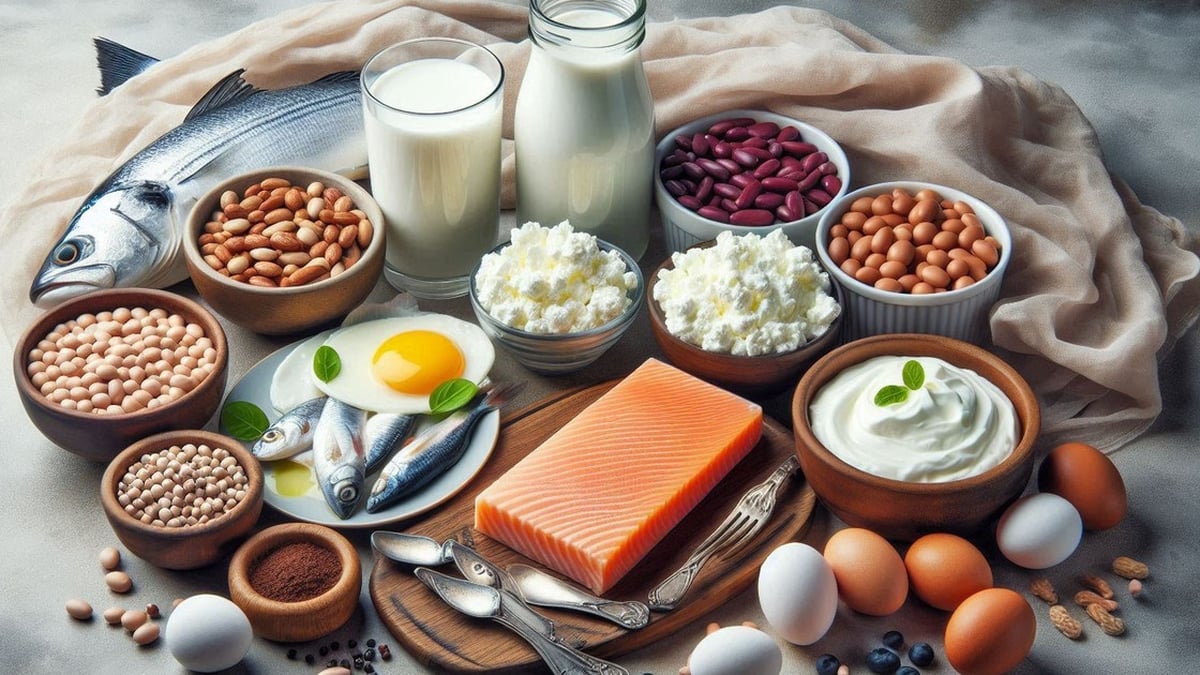

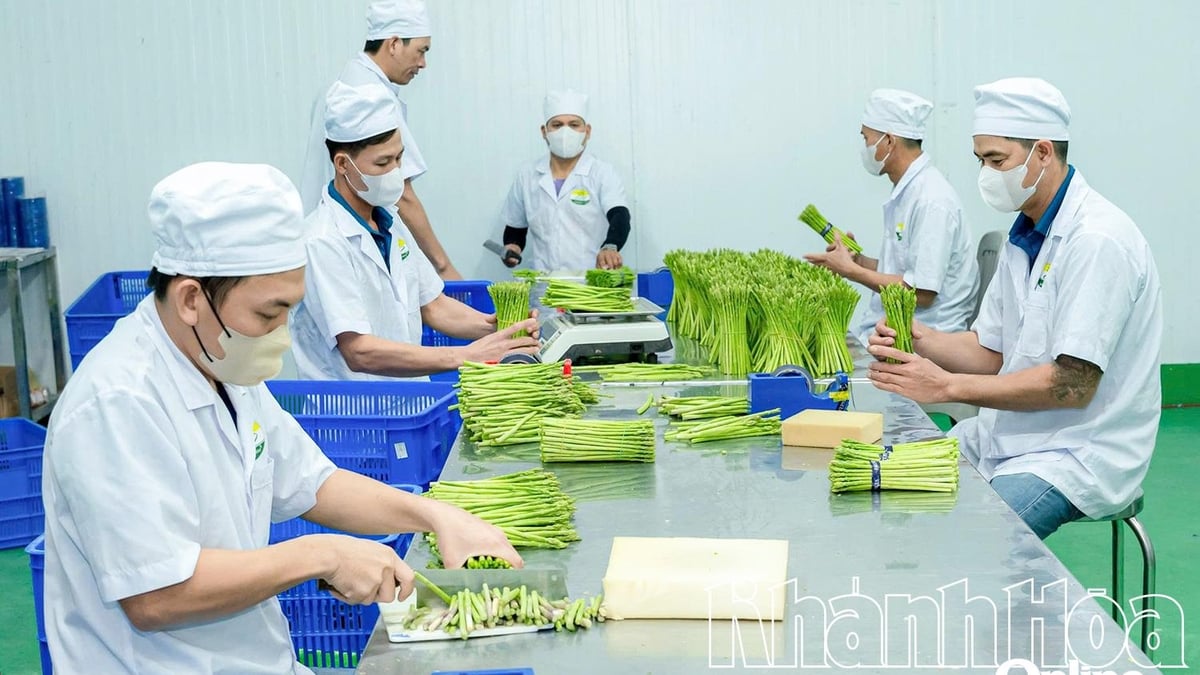




















![[Photo] National Assembly Chairman Tran Thanh Man visits Vietnamese Heroic Mother Ta Thi Tran](https://vphoto.vietnam.vn/thumb/1200x675/vietnam/resource/IMAGE/2025/7/20/765c0bd057dd44ad83ab89fe0255b783)



































































Comment (0)